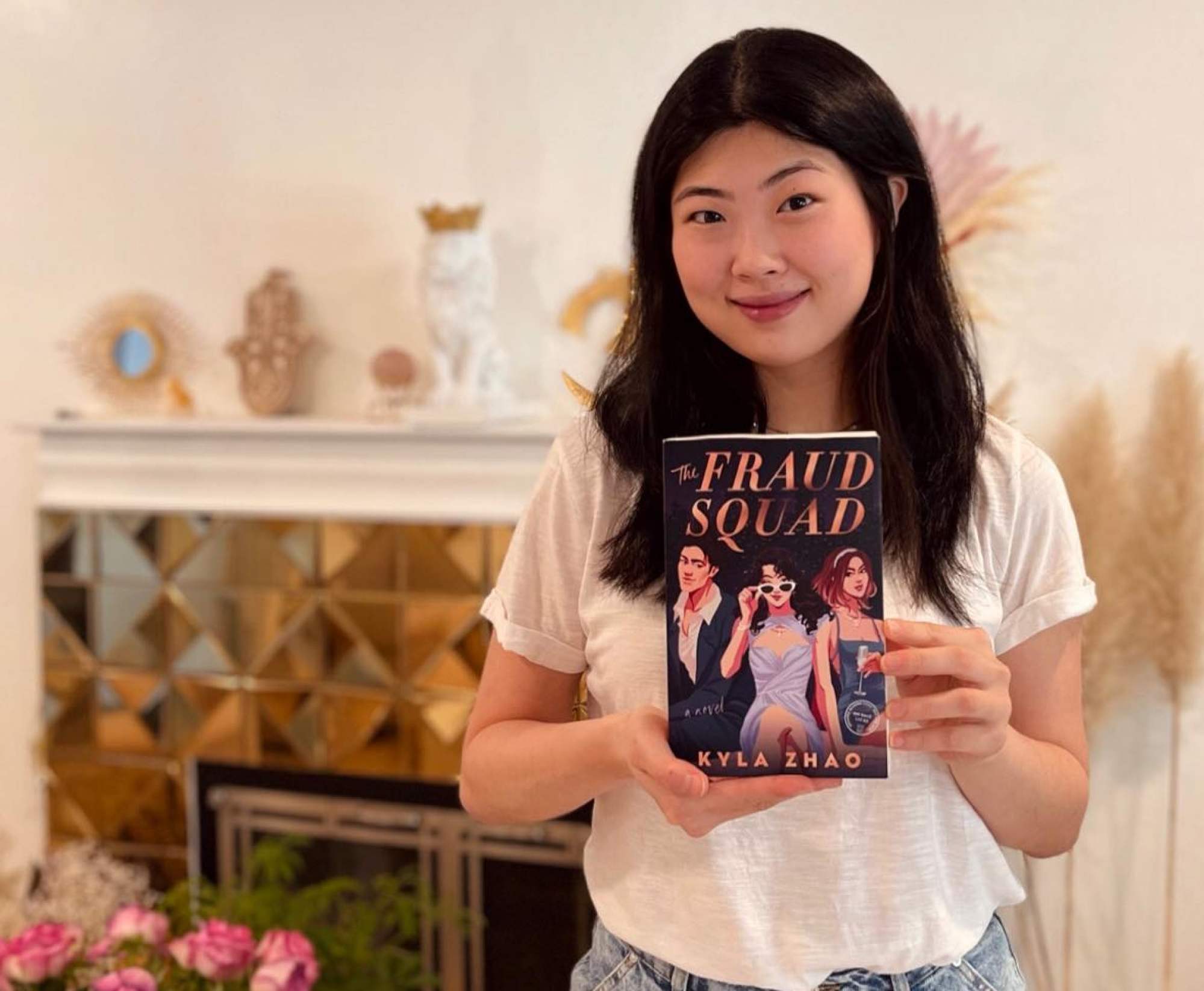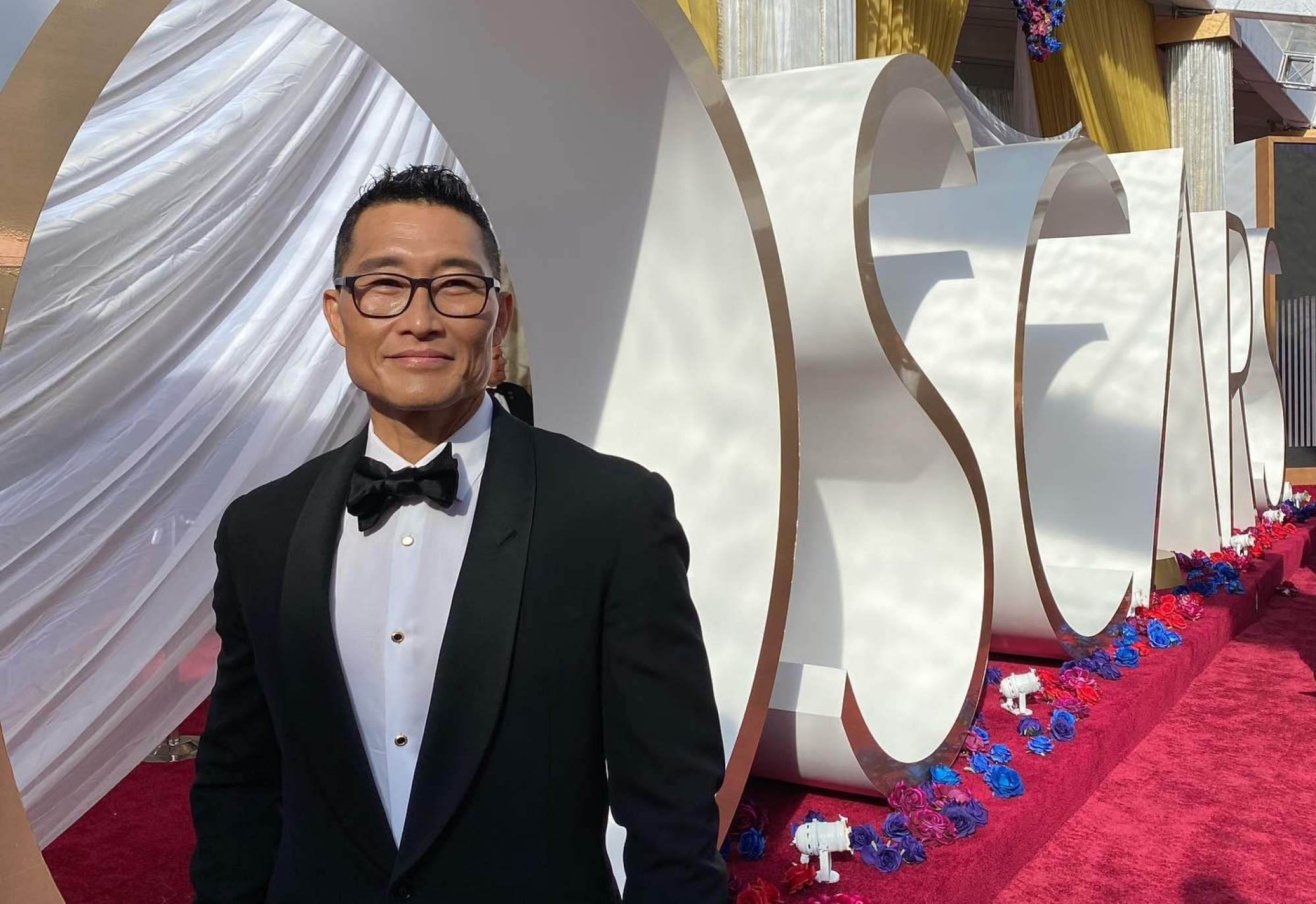
After Crazy Rich Asians, is representation in Hollywood going in the right direction?
- The film’s success has spawned several copycat TV shows and helped Fraud Squad author Kyla Zhao snag her book deal
- But Hollywood’s obsession with cloning Crazy Rich Asians may have also hurt Asian storytelling and portrayals of the community
This spawned countless breathless commentaries about how “Crazy Rich Asians is going to change Hollywood”, as one Time magazine headline declared. It also birthed several copycat reality series starring wealthy Asian Americans, including Bling Empire (2021 to present), which just premiered a spin-off series on Netflix, Bling Empire: New York.

Earlier this month, the novel The Fraud Squad was launched by Singaporean author Kyla Zhao, who snagged a six-figure book deal and a big Hollywood agent for a story she describes as “Crazy Rich Asians meets (the 2006 film) The Devil Wears Prada”.
But has the Crazy Rich Asians effect been a net positive for Asian representation and storytelling?
Asian-American actor Daniel Dae Kim called out Hollywood’s obsession with cloning that success. And he believes it may have hurt Asian storytelling by creating a new set of stereotypes.
Michelle Yeoh’s win highlights stark reality Malaysian artists face at home
Speaking at a panel at the Sundance Film Festival last week, the 54-year-old Korean-American star said: “One of the collateral-damage effects of Crazy Rich Asians was that everyone wanted to do more Asian projects as long as they were just like Crazy Rich Asians.”
“And so if you had a project that spoke to something other than people being super-rich and super wealthy and super happy, then they weren’t interested,” said Kim, who owns a film and television production company.
It’s easy to see why Tinseltown has been keen to replicate the success of the 2018 hit, a frothy fairy tale based on the 2013 Kevin Kwan novel of the same name and starring a who’s who of rising and established stars of Asian descent, led by Constance Wu, Henry Golding and Michelle Yeoh.

Commercially, the film was also of a breed that is vanishing because of the industry’s superhero fixation: a mid-budget movie, in this case made for a modest US$30 million but grossing more than US$238 million at the worldwide box office.
For Asian representation in Hollywood and in Western media as a whole, it was widely viewed as an unalloyed win – a mainstream Asian-led hit the likes of which have not been replicated since, other than with Marvel’s superhero blockbuster Shang-Chi and the Legend of the Ten Rings (2021).
Some of Crazy Rich Asians’ loudest champions in 2018 were Asian-Americans, whose exuberance drowned out the handful of critics who wondered just how representative a chronicle of uber-rich, Western-educated, ethnically Chinese bon vivants could truly be.

But Kim – who was in hit television series Lost and Hawaii Five-O – is the first major Asian-American star to come out and say there has been a dark side to the success of Crazy Rich Asians.
So even though that movie was a “breakthrough for the Asian-American community”, the upshot has been that “other portrayals of Asian-Americans” were harder to get off the ground.
“We then create a stereotype because we don’t have the depth and breadth of the portrayal of the spectrum of humanity,” Kim said.
For first-time author Zhao – who penned The Fraud Squad while an undergraduate at Stanford University mid-pandemic – taking a leaf from Crazy Rich Asians did not seem to have hurt, especially when it came to beating the odds to land a book deal and agent.
“I don’t think it was a homage per se – this is just the kind of story I want to write about,” said the 24-year-old, who is based in San Francisco and works as a marketing analyst in Silicon Valley.
Like Kwan’s novel, hers follows a young female protagonist who enters Singapore’s high society. And on the arm of the son of one of its most prominent families – a young man who is of both Asian and Western heritage, just like Henry Golding, the male lead in the film.
But unlike Kwan’s book – which inspired Zhao to try to become an author in the first place – The Fraud Squad “is very much women’s fiction”, she said.
“There is a romance plot, but it’s secondary. Ultimately, she is just a woman in her twenties trying to pursue a career, figure out what she wants out of life and navigate a society very much grounded in social status.”
Crazy Rich Asians director ‘regrets giving Asian actors stereotypical roles’
Despite having no knowledge of or contacts in publishing, Zhao cultivated a small Twitter following and tweeted details of the plot as she wrote her book.
When she completed it, she began cold-emailing prospective literary agents.
But the one she eventually picked, from nine offers, “heard about my book from Twitter”, the writer said.
And that agent happened to be from the influential Creative Arts Agency or CAA, whose client roster includes A-listers such as Jennifer Aniston, Tom Hanks and Steven Spielberg.
CAA, which is also handling the book’s film rights, arranged the 2021 auction that landed Zhao a plum two-book deal from Berkley, an imprint of Penguin Random House.

Asked if she thought the Crazy Rich Asians connection made her book easier to pitch and market, she said: “I guess my publisher liked the Crazy Rich Asians pitch because that’s what they went with for the marketing.
“But I think this also came at a time during the pandemic when people were craving something fun and glamorous and escapist, not a heavy book. And I think my book kind of fit that.”
Regardless of the Crazy Rich Asians factor, Zhao’s flying start in publishing is impressive – all the more so given that white authors continue to dominate major publishing houses in the US, according to a 2020 New York Times report.
“But it has gotten a lot better, even in the last few years. The past few years have seen so much progress,” she said. “And I was lucky enough to find an agent and publisher who didn’t see my Asian background and story as a bad thing.”

